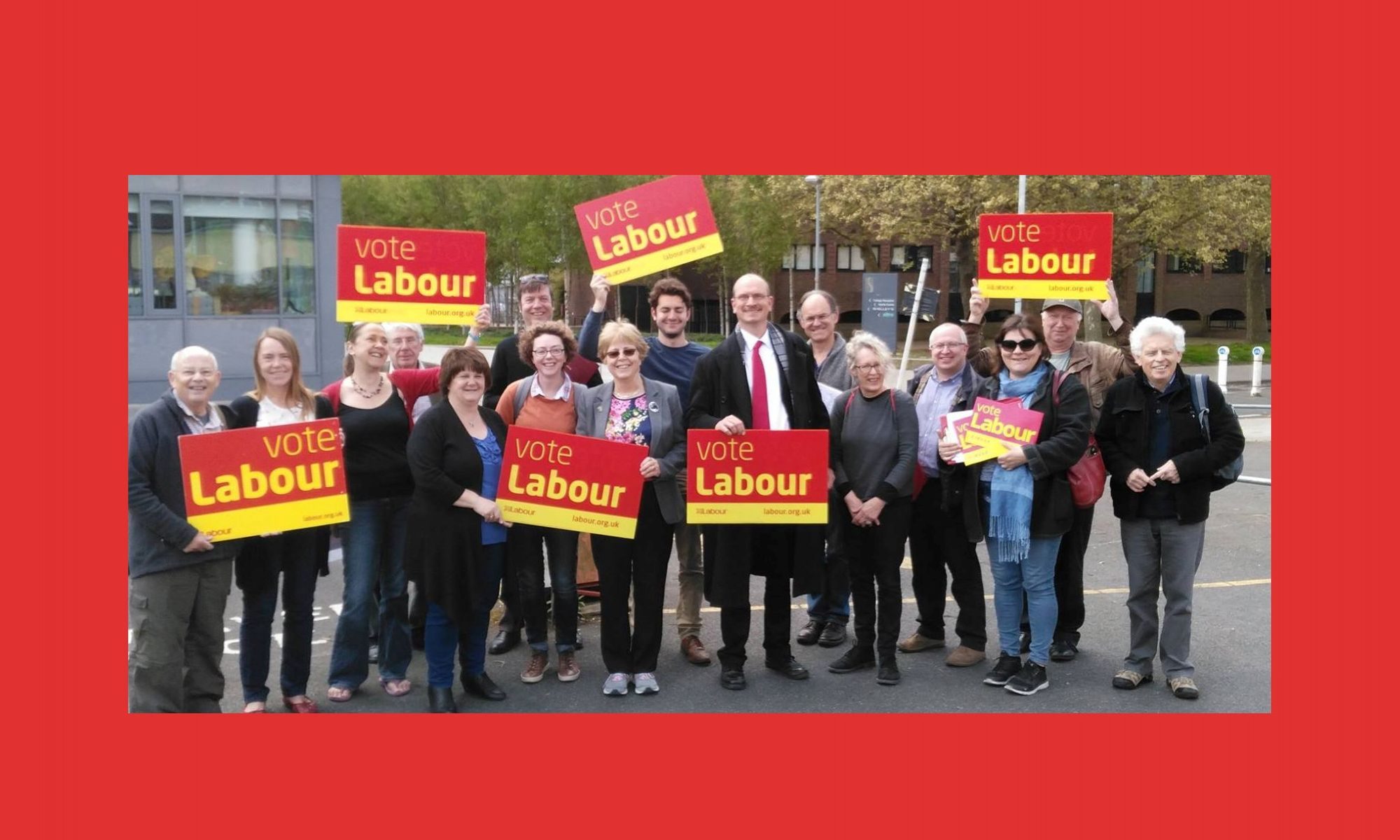Last Wednesday was Back British Farming Day, and I was delighted to join the National Farmers Union’s campaign to buy quality British-farmed food. That isn’t to say that I believe that all farmers have always got everything right. In comparison with other countries, most British farms are efficient, most farmers respect and protect the environment, and British produced food is healthy and safe. But there have been a lot of changes for the better in British farming over the past forty years, and there are more changes that I could wish for in the future.
When DDT was banned back in the 1980s there were, no doubt, some farmers who worried that they would never compete on price with food produced in less careful countries. DDT was killing off wildlife right across the board – not just insects, but the small mammals and birds that ate them, and the larger mammals and birds of prey that ate the small ones. And it was killing humans too – not just those who worked with the spray, but all of us who ate food with residues of DDT that were accumulating in people’s bodies.
DDT was banned around the world, and everybody now accepts that that was the right thing to do. I am sure that some of the chemicals and farming practices in use today will eventually be banned – for instance, outdoor pig farms such as Jimmy’s Farm show that pigs can be free-range. But to achieve progress, British farmers need to know that they won’t see cheap imports, from countries which do not have such strong animal welfare or environmental protection regulations, undercutting their prices and putting them out of business.
I welcome the emphasis on welfare and the environment in the Government’s Agriculture Bill, but there is no point in making our agriculture environmentally friendly if we then buy our food from other countries. So I am worried that Gove’s Bill doesn’t show how British farmers will continue to provide food – which is after all what they are there for.
The National Audit Office (NAO) has warned against a “no deal” Brexit. Work done by Europe – what we pay our EU subs for – will now have to be done by our government. The Department for Environment, Food and Rural Affairs (Defra) is currently spending £320 million setting up the new bureaucracy needed for Brexit, building new IT systems, recruiting over 1,300 new staff, and designing new systems for agriculture once we leave Europe.
Despite this, the NAO does not believe that Defra will be ready, if we crash out of Europe without a deal. We export £7.6 billion of animal products, which must be accompanied by an export health certificate. If we don’t get an EU deal which covers this, Defra will need to negotiate with 154 countries to introduce 1,400 different UK versions of EU health certificates.
Exports to EU countries don’t need vet’s certificates now, but they will do if we leave without a deal. Without enough vets, consignments of food could be left rotting at the border. Defra plans to meet the gap by using non-veterinarians to check records, but it will be touch and go for that to be enough.
And of course, British farmers will lose the financial support of the Common Agricultural Policy (CAP). Farmers currently get over £3 billion per year in direct EU payments from CAP, with another £1 billion of EU money going to other government agricultural priorities. The Agriculture Bill suggests farmers will be paid during a transition period, but will that apply if we leave without a deal? Powers are proposed for the Environment Secretary to be able to fund this that or the other, but there is no guarantee that he will. With the UK Treasury in charge, how likely is it that there will not be any cuts?
British farming probably has more to lose from a “no deal” Brexit than any other area of our life. Food from Europe will almost certainly become more expensive. Most of our agricultural exports to Europe will stop. If we don’t put tariffs on meat from other countries we risk losing livestock farming in this country altogether. And if all our food is imported we will no longer be able to control the healthiness of our food, or the environmental impact of its production, or the welfare of the animals involved. For all our sakes, whether we produce food or just eat it, we need a deal that works.
